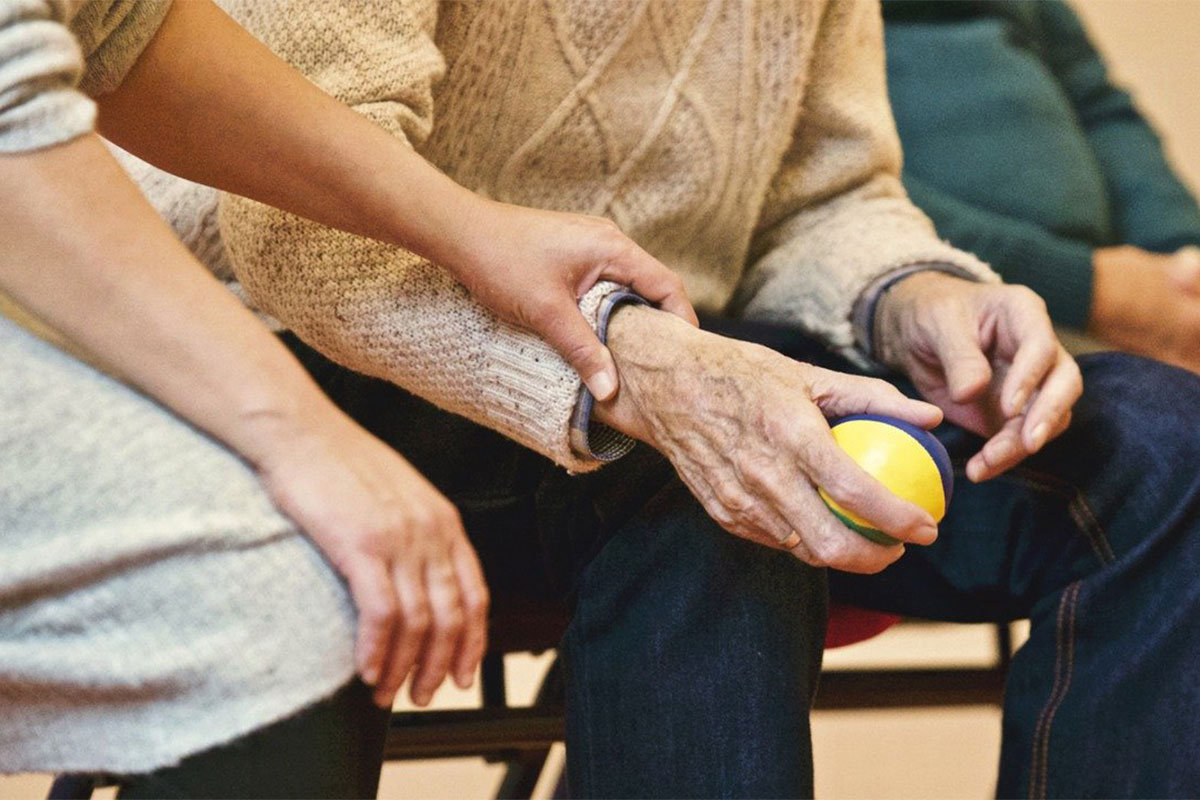Kidney Stones
About Your Kidneys and Kidney Stones
The kidneys are two fist-size organs that work with the ureters and bladder to form your urinary tract. Kidneys clean waste from the blood and remove it in the urine. They also control the levels of sodium, potassium and calcium in the blood. When urine contains high levels of these salts and minerals, stones can form inside the kidney(s).
Stones begin as small particles that can increase in size. Some stones remain in the kidney and never cause problems. Other stones can travel out of the kidney into the ureters, the tubes connecting the kidneys to the bladder. If a stone reaches the bladder, it often can be passed out of the body through your urine. However, if the stone becomes lodged in one of the ureters, it blocks urine flow from the kidney and causes pain. When this happens, the stone is called a ureteral stone.
Please contact the Urology Center immediately if you are experiencing any of the symptoms of kidney stones listed below.
Types of Kidney Stones
There are many kinds, sizes and configurations of kidney stones. How they are treated depends on what type you have.
Calcium stones (80% of stones)
Some people have too much calcium in their urine, raising their risk of calcium oxalate or calcium phosphate stones. Of these two types, calcium oxalate is by far the most common.
Uric acid stones (5%-10% of stones)
Uric acid is a waste product resulting from chemical changes in the body due to excessive weight, Type 2 diabetes, gout, a high-protein diet low in fruits and vegetables or chronic diarrhea.
Struvite/infection stones (10% of stones)
Chronic urinary tract infections (UTIs) can cause struvite stones, which tend to grow fast and become large.
Cystine stones (less than 1%)
Cystinuria (when urine contains too much of the amino acid, cystine) is a rare, inherited metabolic disorder that prevents the kidneys from reabsorbing the cystine in urine, causing stones to form. Cystine stones often start to form in childhood.
Kidney Stone Symptoms
You may already be in need of medical assistance by the time a kidney stone(s) becomes apparent. If you are experiencing any of these symptoms, please contact the Urology Center immediately:

- A sharp and sudden cramping pain in the back and side, which spreads or moves to the lower abdomen or groin; pain may come in waves as your body tries to eliminate the stone
- An intense and frequent need to urinate, sometimes with slow or low flow
- Pain or a burning sensation during urination
- Pungent smelling urine
- Dark- or red-colored urine due to the presence of blood
- Nausea and vomiting
- Fever and/or chills
- Pain at the tip of the penis in men
Kidney Stone Causes
Kidney stones can be caused by a variety of things, including:
- Low urine volume due to dehydration
- A diet of foods that are high in salt and animal proteins
- Obesity, which can change the acid levels in the urine and cause stone formation
- Bowel conditions such as Crohn’s disease or ulcerative colitis that result in diarrhea, dehydration and/or excessive oxalate absorption
- Other medical conditions that affect calcium metabolism or acid buildup
- Some medications and supplements, like calcium and vitamin C, that can increase the risk of forming stones
- A family history of kidney stones, which increases the chance of stone development in other family members
Kidney Stone Diagnosis
If it is suspected that you have a kidney stone, you may have one or more of these diagnostic tests and procedures:
- Blood testing to check for the presence of too much calcium or uric acid
- Urine testing to see if you’re excreting too many stone-forming minerals or too few stone-preventing substances
- Imaging tests, such as a CT scan, ultrasound or abdominal X-ray, to check for the presence of stones in your urinary tract
- Lab analysis of a passed stone(s) to determine the source of the problem and a preventive course of action
Kidney Stone Treatment
Most small kidney stones usually do not require invasive treatment. You may be able to pass a small stone by drinking increased amounts of water and taking an over-the-counter pain reliever to reduce discomfort.
Stones that are too large to pass on their own or cause bleeding, kidney damage or chronic urinary tract infections may require medical treatment:
- Sound wave therapy, called extracorporeal shock wave lithotripsy, uses sound wave vibrations to break up stones so that they can pass through your urine
- Scope removal of stones in the kidney or ureter using less invasive tools to locate and break up the stone(s)
- Surgical removal of very large stones lodged in the kidney, called percutaneous nephrolithotomy
- Parathyroid gland surgery, used when hyperparathyroidism causes elevated calcium levels that lead to the formation of stones
Kidney Stone Prevention
A combination of lifestyle changes and medications may be recommended to prevent kidney stones. Lifestyle changes can include:
- Drinking enough water to pass about 2 quarts of urine a day or to produce clear, light-colored urine. The amount of fluids needed for this varies based on your climate, amount of exercise and/or physical exertion.
- Making dietary choices that are lower in salt and animal protein.
- Avoiding foods high in oxalate if you are prone to calcium oxalate stones, including rhubarb, beets, okra, spinach, Swiss chard, sweet potatoes, nuts, tea, chocolate, black pepper and soy products.
The type of medication your urologist prescribes will depend on the type of stone(s) you have.
- Calcium stones: Thiazide diuretic or a phosphate preparation may be recommended
- Uric acid stones: Allopurinol (Zyloprim or Aloprim) may be prescribed to reduce uric acid levels in your blood and urine so that stones don’t form.
- Struvite stones: Increasing fluid intake or taking antibiotics when needed may be recommended to keep your urine free of infection-causing bacteria.
- Cystine stones: Consuming more fluids and less salt and animal proteins may be recommended. In some cases, a medication to aid in breaking down the cystine in your urine may be prescribed.
Contact the Urology Center for More Information on Kidney Stones
We hope this site will help you understand more about kidney stones and when to seek medical attention for the condition. For more information or to make an appointment, please call the Urology Center at 402.397.9800 or 800.882.4770.
